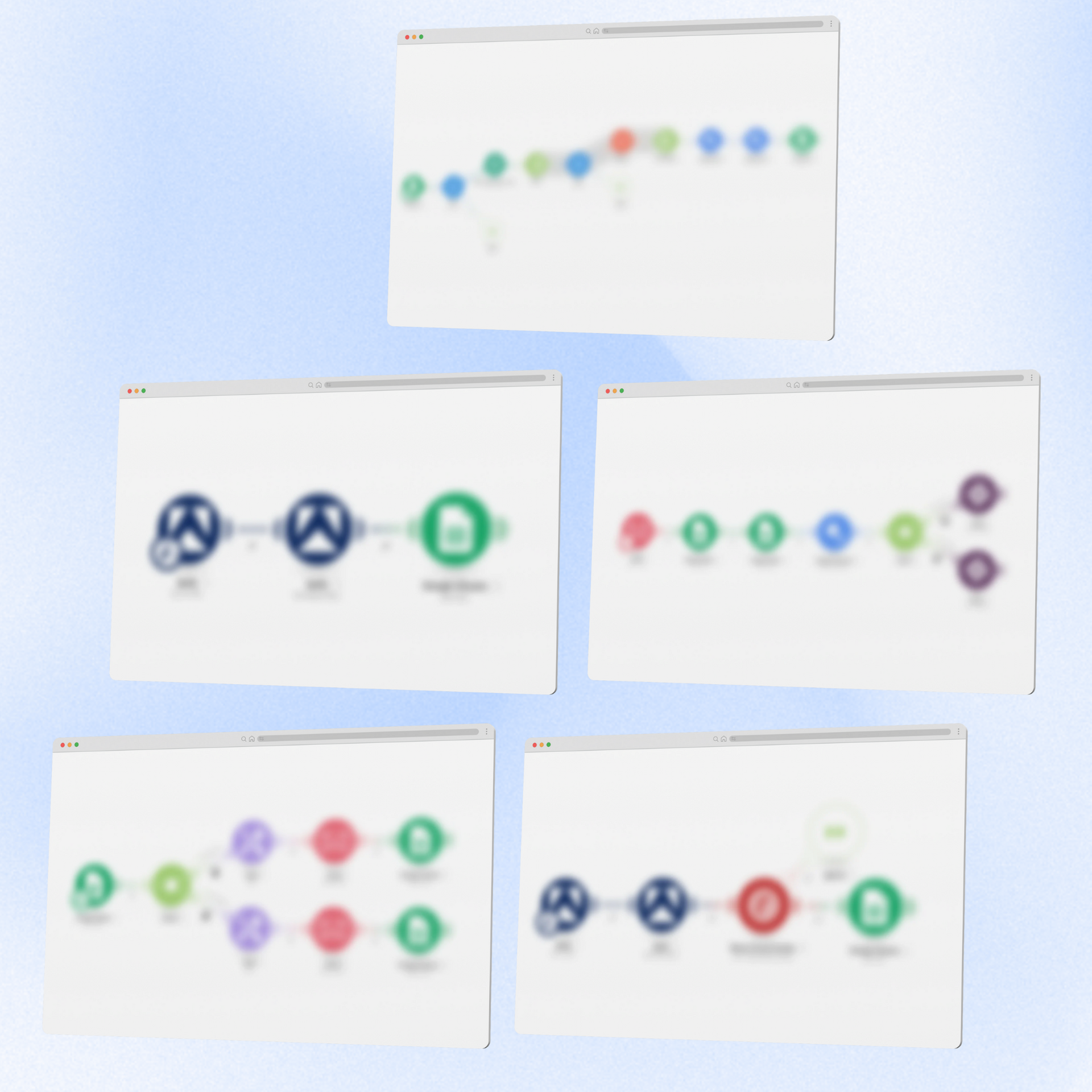Join 400,000+ executives and professionals who trust The AI Report for daily, practical AI updates.
Built for business—not engineers—this newsletter delivers expert prompts, real-world use cases, and decision-ready insights.
No hype. No jargon. Just results.

Good morning! Today is Tuesday, April 29, 2025.
We have some exciting AI news today: Meta has unveiled a standalone AI assistant app powered by its latest Llama 4 model, aiming to rival offerings from OpenAI and Google. Meanwhile, Microsoft reports that up to 30% of its code is now generated by AI, highlighting the growing integration of artificial intelligence in software development.

1. Meta Launches Standalone AI App with Voice Chat, Personalization, and Shopping Assistant Features
Meta has officially launched the Meta AI app, a new standalone AI assistant powered by its Llama 4 model that offers personalized voice and text interactions, deep context awareness, and smart integrations across Meta platforms like Facebook, Instagram, and WhatsApp. The app includes a Discover feed to explore how others use AI, voice demos with full-duplex tech, and seamless syncing with Ray-Ban Meta glasses—allowing users to pick up conversations across devices. Available now in the US and select countries, Meta is positioning this as a major step toward building truly personal AI.

2. Microsoft CEO: Up to 30% of Our Code Is Now Written by AI
During a fireside chat at Meta’s LlamaCon, Microsoft CEO Satya Nadella revealed that 20–30% of the code in Microsoft’s repositories is now generated by AI tools—especially in languages like Python. While results vary across languages, the company expects AI-assisted coding to dominate by 2030. Google recently shared a similar figure, but the exact methods for measuring AI-generated code remain fuzzy.

3. Google’s NotebookLM Audio Overviews Now Speak Over 50 Languages
Google has expanded its popular NotebookLM Audio Overviews feature to support more than 50 languages, making it easier for users worldwide to turn their documents into podcast-style summaries in their native tongue. Thanks to Gemini's audio capabilities, users can now select their preferred output language—like Spanish, Hindi, or Turkish—and instantly generate audio content from uploaded materials. It's a big step toward breaking language barriers in education and content creation.

4. Huawei Rolls Out Powerful AI Chip Cluster to Fill Nvidia Void in China
Huawei has begun delivering its new CloudMatrix 384 AI chip cluster to Chinese tech firms cut off from Nvidia’s chips due to U.S. export restrictions. The system, which links 384 of Huawei’s Ascend 910C chips, claims to outperform Nvidia’s high-end NVL72 in total compute and memory—despite using individually weaker processors. By leveraging advanced optical networking, Huawei has turned its cluster into a viable, though power-hungry, alternative for Chinese data centers scrambling to stay competitive in the global AI race.

Samsung is making it easier for more users to access Google’s Gemini AI assistant by adding side button activation to select Galaxy A series phones. Starting in May, Galaxy A56 5G, A36 5G, and A26 5G users can launch Gemini with a simple press-and-hold gesture, enabling voice-powered help with daily tasks like finding restaurants, sharing locations, or managing schedules — all without typing. It’s part of Samsung’s push to bring premium AI experiences to more affordable devices.

6. Google Unveils AI-Powered Language Learning Tools to Compete with Duolingo
Google has launched three new AI experiments that aim to make language learning more personalized and practical using its Gemini model. The tools include “Tiny Lesson” for learning situational phrases like reporting a lost passport, “Slang Hang” to help users sound more like locals with informal conversations, and “Word Cam,” which uses your camera to identify and label objects in your surroundings in your target language. Available in over 20 languages through Google Labs, the experiments are designed to make learning feel more natural and contextual.
How would you rate today's newsletter?
Stay tuned for more updates, and have a fantastic day!
Best,
Zephyr






